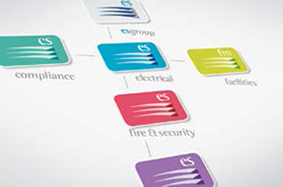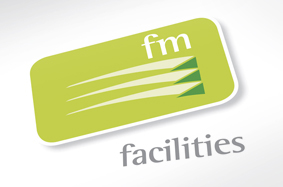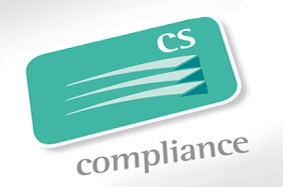Who’d Be The Goalkeeper?
[5] Five ways to work effectively as a team
Working successfully as a team creates the potential for the whole to be more productive and creative than the sum of the parts, but it can also just as easily be a recipe for frustration and conflict.
So how can you help your team get the most out of working together?
1. Create a positive working culture
People and human. Accept this first and tackle the task second. Very few people like to be in an atmosphere that is critical, hostile, unfriendly or cold. Yet many teams manage to create precisely this culture because they overly focus on achieving the task and fail to account for basic human nature.
Research over the last 10 years has convincing confirmed what many of us intuitively knew; a good working atmosphere makes a huge difference to a team’s productivity. What the research found is that the key to the difference between high performing and low performing teams is the ratio of positive to negative comments in team meetings. I find that interesting. It reminds me of a Research Project Facebook ran to see if they could influence users by posting mostly positive or negative comments on their timeline. And it proved to be the case if they got mostly negative post - they in turn posted negatively and the same for positive posts. As I said we are human. We can be influenced.
It just needs to be weighted in favour of positive comments, at least by a ratio of 3:1.
When people feel good they are more able to think well, be creative, and to work with others.
2. Help people play to their strengths
Attending more to our strengths will reap greater benefit in terms of performance improvement. This is because when we are using our strengths work feels effortless, we are energised and confident, we are engaged and probably experience moments of flow.
Help your team members discover their true strengths and then find ways as a team to utilise everyone’s strengths to achieve the team task. Think of your team as an economy of strengths, and work out how to create extra value by trading your strengths.
3. Create commonality
Teams are made up of people with different skillsets that tend to see the world differently. This can lead to an awareness of difference, and the differences can come to be seen as insurmountable. At the same time there will be areas of commonality amongst team members, often in the areas of core values and central purpose.
A productive way to access these commonalities is through the sharing of stories. When people are asked to share personal stories of their moments of pride at work, or moments of achievement or success, or the part of their job that means the most to them, they are expressing their values and sense of purpose in an engaging, passionate and easy to hear form. This is good and is to be encouraged.
As people share their stories, a sense emerges of ‘wow, these are great people I’m working with here, I’d better raise my game!’
4. Move from habitual to generative
Groups get stuck in repeating patterns. When this happens listening declines as everyone believes they know what everyone else is saying - they’ve heard it all before. And so does the possibility of anything new happening. To break the patterns we need to move from rehearsed speech to generative speech.
To help the team make the shift you need to ask questions, or introduce activities that mean people need to think before they speak, that brings new information that hasn’t been heard before.
Use imagination based questions, for example ‘If we woke up tomorrow and we had solved this dilemma, how would we know, what would be different?’ Sometimes just getting people to switch from their habitual seating pattern breaks old and creates new dynamics.
5. Create Aspirations
When teams suffer a crisis - they have a lack of hope or belief in the possibility of achieving anything.
In these situations we need to engender hopefulness. Appreciative Inquiry as an approach is particularly good at doing this as it first of all discovers the best of the current situation, unearths the hidden resources and strengths of the group, and then goes on to imagine future scenarios based on these very discoveries about what is possible.
As people project themselves into optimistic futures clearly connected to the present, they begin to experience some hopefulness. This in turn engenders some motivation to start working towards those more aspirational scenarios of how things can be.
So try using these techniques when motivating your teams and see what spectacular results are possible. It works for us and you’ll see that in the projects we carry out for clients.
So who would you pick as the goalkeeper? Obvious! - the one with the skills as a goalkeeper.
Interested in getting us involved in your business? Contact us today on Tel: 0141 647 6398 or This email address is being protected from spambots. You need JavaScript enabled to view it.









